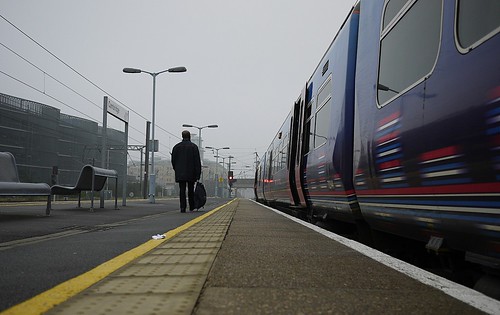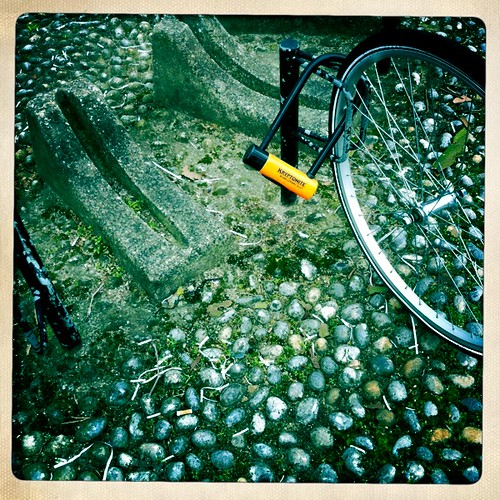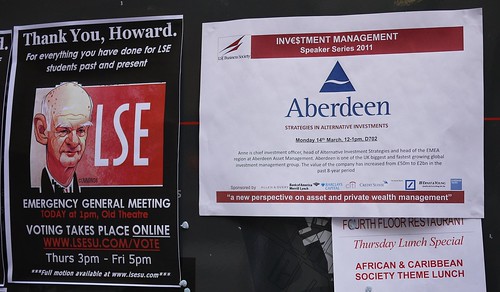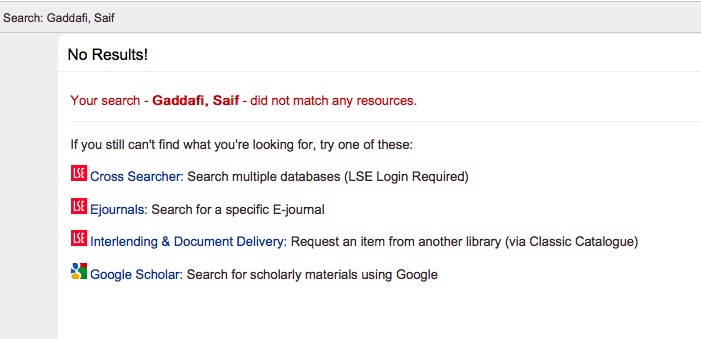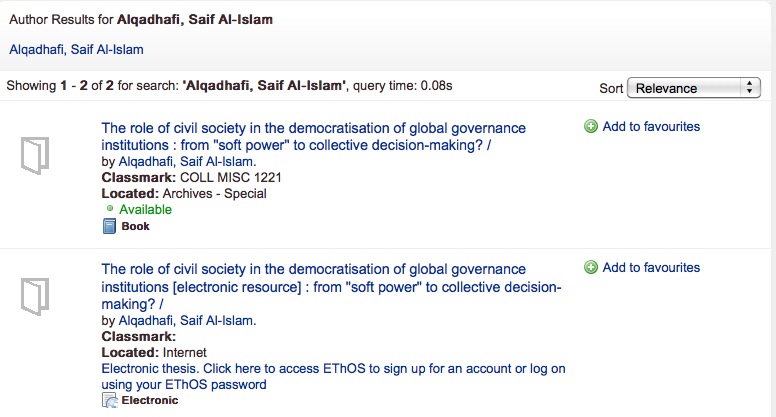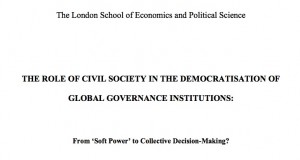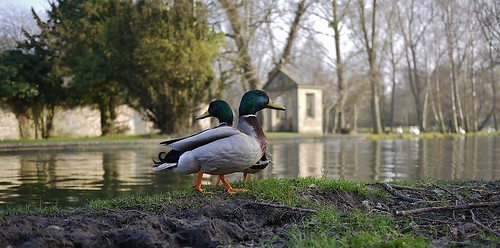Really and useful and informative piece by Paul Rogers in openDemocracy.net. Excerpt:
Libya’s air-force has over 300 combat-aircraft, but most are Soviet-era planes with a limited capability, and many are in storage – though there are also some Mirage F-1 planes that have been upgraded by French technicians. The force's strike-aircraft could have an impact if the conflict moves east towards the rebel stronghold of Benghazi, as equally could the substantial number of transport-aircraft and attack-helicopters. Again, the sudden reversal of alliances is highlighted by the presence in Libya’s transport fleet of fifteen C-130H Hercules planes from the United States, and by the Italian arms company Finmeccanica’s recent refurbishment of CH-47 transport helicopters.
These are the military realities. The larger strategic issue is that the Gaddafi regime will only survive beyond the short term if it regains control of most of Libya’s oil-and-gas industry. These resources are widely scattered; most of the energy fields are in the east and southeast of the country which accounts for around 80% of current production, with the remaining fields south of Tripoli in the west.
But the numerous oilfields, wherever they are located, are much less important than Libya’s coastal processing plants, refineries and export terminals. These are the strategically important centres, and the regime has to retrieve the majority of them without delay.
Zawiya, west of Tripoli towards the border with Tunisia, is one of the main outlets for the western oilfields. The Az-Zawiya oil-refinery west of the city is a key facility that the regime needs in order to maintain its own fuel supplies. This explains why the town has become is a key site of conflict between Gaddafi's forces and his opponents who have been occupying the city (see "The colonel fights back", Economist, 10 March 2011).
In addition to the plants near Tripoli, five terminals that handle oil-and-gas exports from eastern Libya generate the great majority of the country’s export revenues. The easternmost one is the large Marsa El Hariga terminal at Tobruk, on the border with Egypt; to the west are the Zuetina and Marsa El Brega tterminals south of Benghazi, the latter the site of Libya's liquefied natural-gas plant. These three are beyond Gaddafi's reach at present, while the two others – at Ras Lanuf (already the centre of conflict) and Es Sider (beside Gaddafi’s hometown of Sirte) are being closely contested by Gaddafi’s forces.
The three sites west of Benghazi – Zuetina, Brega and Ras Lanuf – are likely to be the Gaddafi loyalists’ key objectives in coming days. The central challenge for Gaddafi's military planners is to move ground forces eastwards: a difficult logistical task since any large armoured vehicles, and especially tanks and self-propelled artillery, must be moved by road on large articulated transporters. Libya has relatively few of these and they can be rendered impotent by sabotage of bridges. Smaller vehicles may be able to divert across a dried-up river-bed but tank transporters most definitely can't.
In turn this means that airpower – transport aircraft as well as helicopters and strike-aircraft – will become increasingly important as the civil war develops. Both the direct military implications of this shift, and the possibility of greater numbers of civilians being killed by air-strikes, raises the second crucial issue in the evolving conflict: whether outside intervention will prevent Libya’s air-force from operating.
Hmmm… Sounds as though some kind of limited no-fly effort might be useful.


